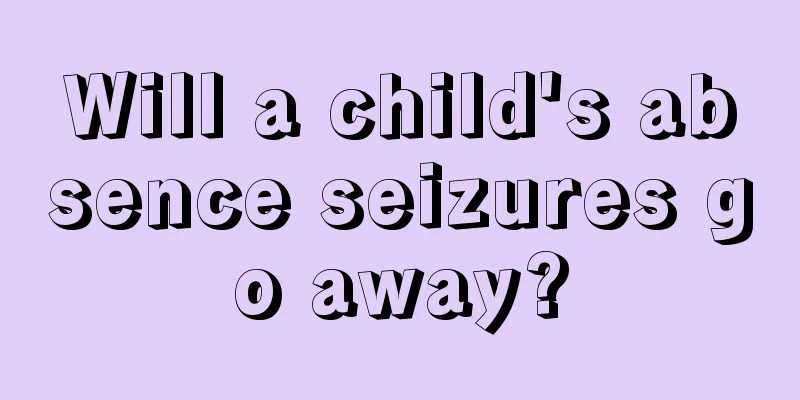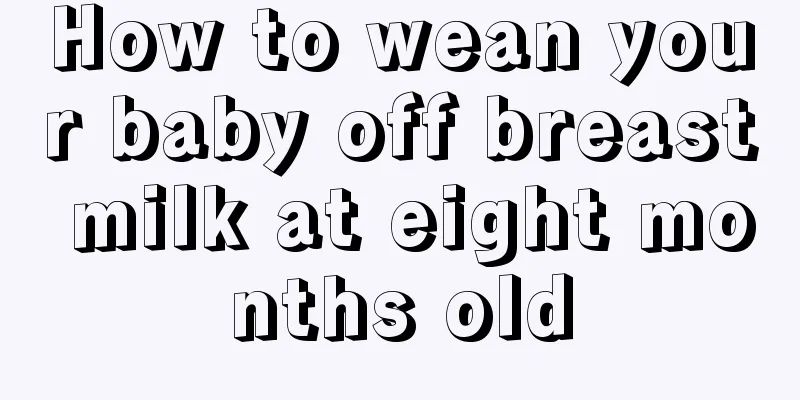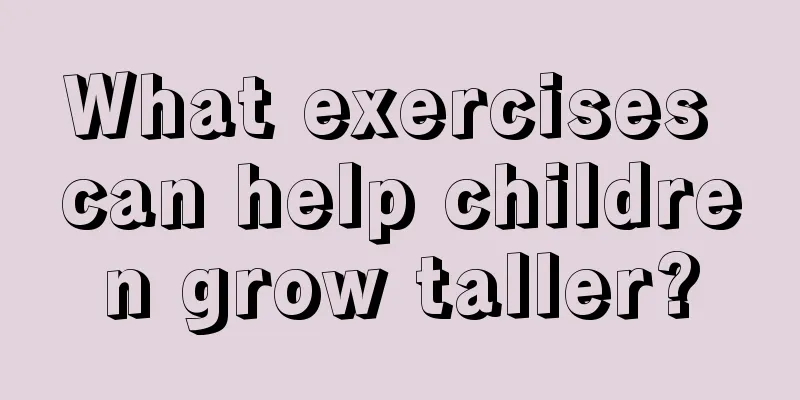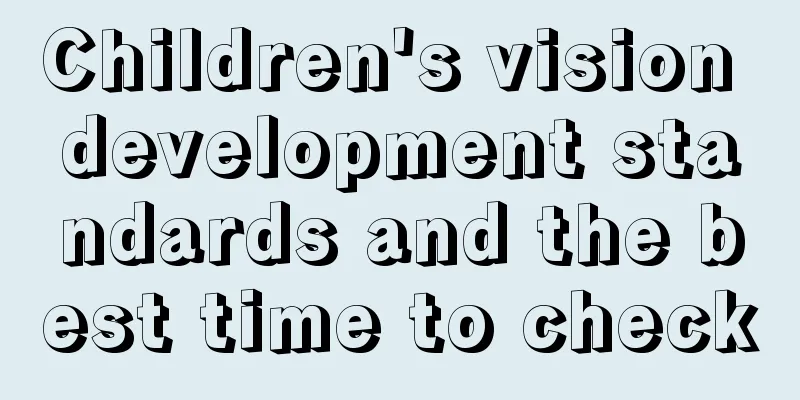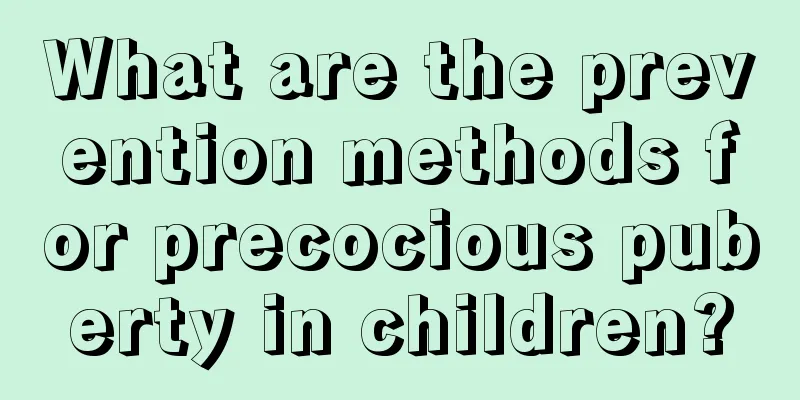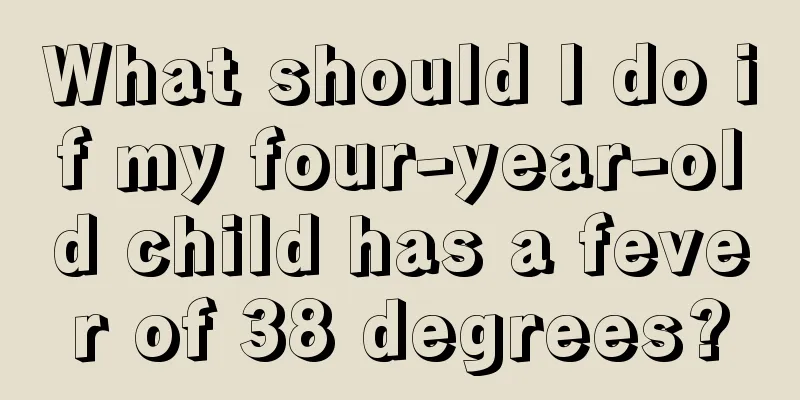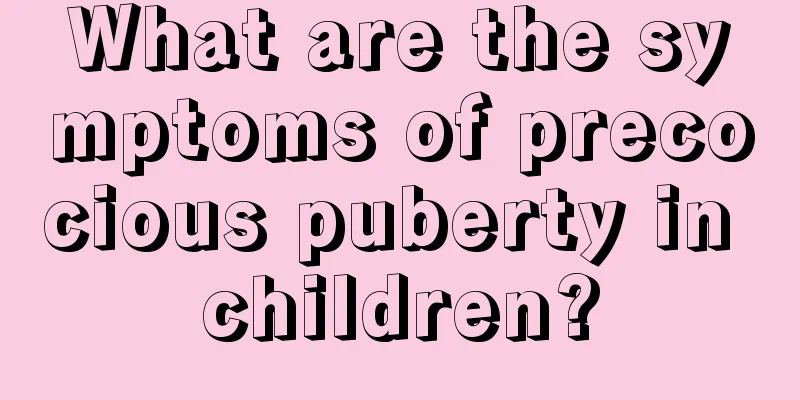Things to note when your 1-year-old baby is teething
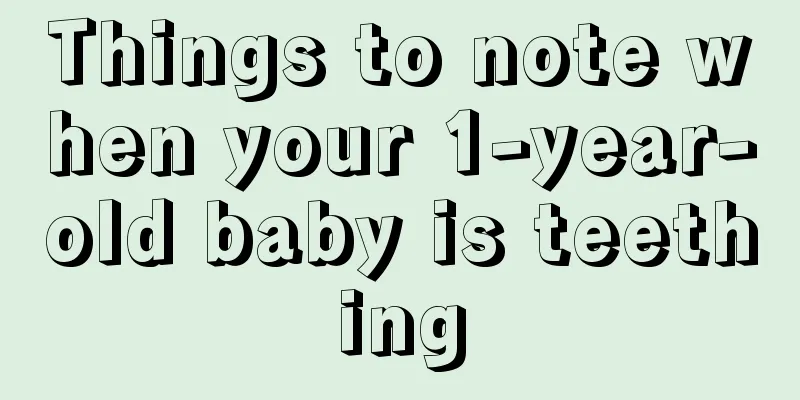
|
Teething is an important milestone in a baby's growth process. Usually the process goes smoothly, but some babies may experience symptoms such as fever, diarrhea, dehydration, drooling, skin rash and gastrointestinal discomfort during teething. So when a baby grows its first tooth, parents are both happy and worried. So, what are the things to pay attention to when a one-year-old baby is teething? Let us learn about it in detail through the following article. 1. Oral hygiene and prevention: After teeth grow, it is more likely to cause milk regurgitation and accumulation of food residues in the mouth. Once the baby has teeth, the bacteria that cause tooth decay - the so-called Streptococcus mutans can survive and multiply in the baby's mouth. Therefore, parents should pay attention to the cleaning of the baby's mouth. After each feeding, clean it with gauze or a large cotton swab dipped in cold boiled water. At around one year old, you can use a toothbrush or finger toothbrush to clean the baby's mouth. On the other hand, try not to let your baby fall asleep with a bottle in his mouth. Do not feed your child before bed or at night after he is one year old, so as to avoid bottle tooth decay over time. 2. Falling and being injured: The baby's newly grown teeth and gum tissue are still tender. When the child learns to crawl, walk and explore the world, if he accidentally falls, it is very easy to hurt his teeth or cause his teeth to fall out. Therefore, do not let your child alone in a walker, swing, or stroller. It is best to put him in a playpen (play pan) to play. 3. Some parents worry whether sucking on a pacifier or fingers will have an adverse effect on the development of their gums. In fact, babies have a strong desire to suck, and simply sucking from a bottle often cannot satisfy their desire. The frequency, intensity and duration of smoking determine whether it has an impact on the oral structure. It is best to stop the pacifier habit before the age of 2. Most children will automatically stop sucking their thumbs when they start school at the age of 4 or 5. For children over 5 years old, if they are willing to stop this habit, psychological support such as praise and encouragement can be used to improve it. If it is still unsuccessful, then consider using corrective devices to help. 4. Sweet food intake: Babies as old as 4 months old can start taking complementary foods. The original flavor of the food should be preserved as much as possible without adding seasoning. In particular, foods that contain sugar and easily stick to teeth should be introduced as late as possible. The later they taste sweetness, the less likely they are to get tooth decay. Cheese, fresh fruits, nuts, etc. are good snacks. Most fruit juices contain sugar and should be diluted before drinking. Biscuits, candies, sugary lactic acid drinks, etc. should be supplied in limited time and quantity. It is best to eat it after a meal as it will not affect the main meal and can satisfy your craving. What are the things to pay attention to when a 1-year-old baby is teething? I believe you already have some understanding. You can take your child to the dentist for a dental checkup every six months when he or she is around one year old. This will help your child become familiar with the dental environment so that he or she will not be afraid of visiting the dentist in the future. On the other hand, the dentist can provide oral hygiene guidance and dietary advice at different stages. |
<<: What to do if your 1-year-old child has diarrhea
>>: What to do if your 1-year-old baby doesn't have teeth
Recommend
What causes itchy backs in children?
In daily life, itching on the back is a very comm...
What are the symptoms of qi deficiency in children?
When the body suffers from qi deficiency, it will...
How to prevent newborn spitting up?
Since the stomach and throat of a newborn baby ar...
What to do if a child has a 100-day cough
It is enough for parents to worry if their childr...
A three-month-old child has a fever of more than 385 degrees
Babies over three months old have relatively poor...
Symptoms of hernia in boys
Many boys are born with hernia, which is medicall...
How to change milk powder for two-month-old baby
Parents should not think that changing milk powde...
6-year-old child has small pimples on his face
A six-year-old child has small pimples on his fac...
What are the symptoms and consequences of lead poisoning in children?
In daily life, lead is a toxic substance, and chi...
What to do if your baby has a fever and blushes
Children grow and develop very fast, and their bo...
Why do babies cry even though they are full?
Babies are a group that many doctors pay attentio...
What medicine should children take for urinary tract infection
Urinary tract infection is a relatively common pr...
What should I do if my five-year-old child coughs and has phlegm?
When a child has a cough, the parents are probabl...
Walking posture of children with cerebral palsy
Cerebral palsy can greatly hinder the growth of a...
Children swallowing saliva while sleeping at night
It is normal to swallow the saliva in your mouth ...
